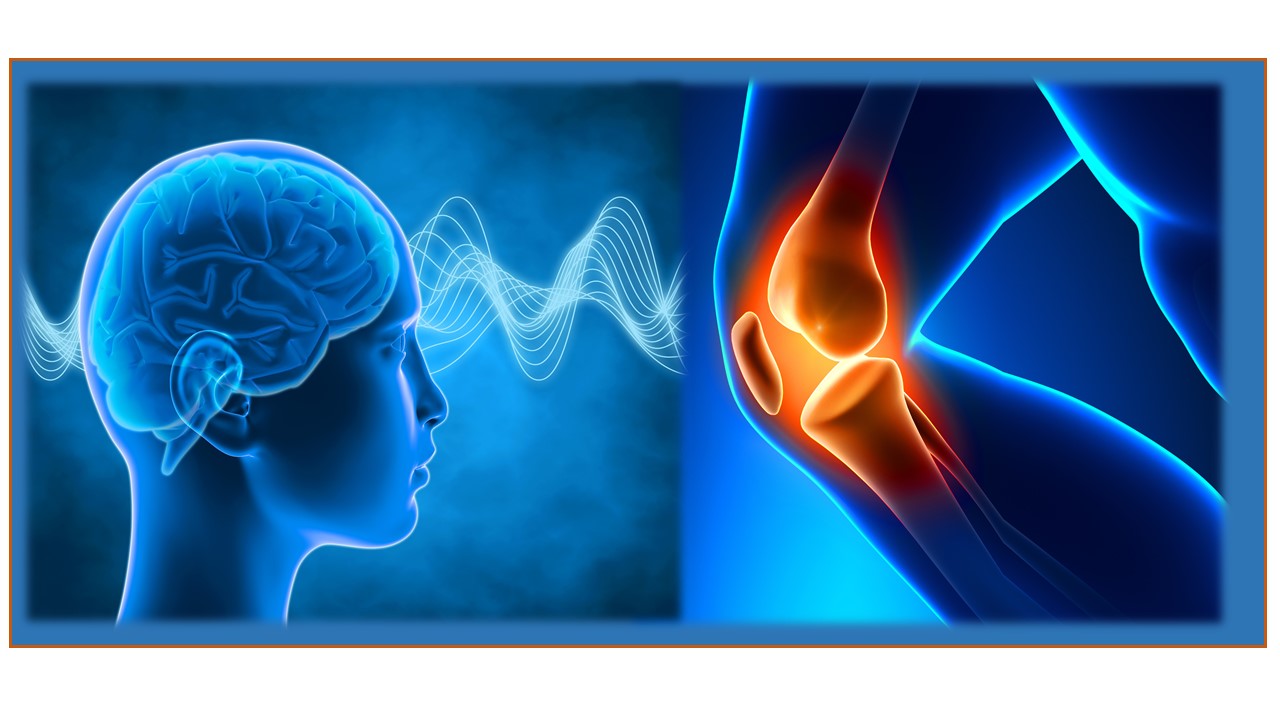 A study investigating the brain changes and activity patterns in people with non-specific knee pain/patellofemoral pain compared to healthy individuals.
A study investigating the brain changes and activity patterns in people with non-specific knee pain/patellofemoral pain compared to healthy individuals.
What is the study about?
Patellofemoral pain (PFP) refers to non-specific knee pain, either because of problems with the joint between the kneecap (patella) and thighbone (femur) or the muscles around the knee joint. The purpose of this study is to investigate brain changes (neural markers) associated with chronic PFP using electroencephalography (similar to measuring the electrical activity of the heart) and explore their relationship with pain and function. Also, we are interested in exploring whether such changes in brain activity are linked to your knee pain and functional levels. Understanding the neural mechanisms and brain regions in PFP may inform innovative and targeted treatments, including non-invasive approaches such as brain-wave training, mindfulness meditation, and pain-self management techniques.
Am I eligible for the study?
We are recruiting two groups of people for this study: those with knee pain (knee pain group) and those without pain (healthy control group).
Knee pain group
You are eligible to participate if you:
- Are aged between 18 to 75 years old
- Have non-specific knee pain or patellofemoral pain
- Are suffering from chronic knee pain (pain for more than 3 months)
You will be screened by a member of the research team either by phone or email to determine your eligibility to participate in this study.
Healthy control group
You are eligible to participate if you:
- Are aged between 18 to 75 years old, without any pain conditions
What will I be asked to do?
- Attend a 90-minute session to complete a series of questionnaires enquiring about your background, knee pain, sleep, physical activity, and psychological status
- Your brain activity will be recorded using an electrode cap
- Respond to simple sensory tests (pressure and touch) and perform functional tasks
- A follow-up after four weeks to complete a brief online or telephone survey
Please read the information sheet for further details of the study procedure.
To recognise the actual or reasonable costs involved with participating in this project, all participants will be reimbursed a $50 gift voucher for completing the survey and for attending the testing session.
This project has been reviewed and approved by the University of Otago Human Ethics Committee (Health). Reference: H24/0087
I am eligible and interested; what do I do next?
Please follow this link to the preliminary screening form to check your eligibility and provide us with your contact details:
https://redcap.link/z19bi3k2
You also have the option to be screened by the researcher by phone or email to determine your eligibility to participate in the study.
Tel +64 3 556 6580
Email brainpainresearch.anatomy@otago.ac.nz
Do you have any further queries?
Please contact:
Dr Jerin Mathew
Email jerin.mathew@otago.ac.nz
Professor Stephanie Woodley
Email stephanie.woodley@otago.ac.nz
Study location
Department of Anatomy
School of Biomedical Sciences
Lindo Ferguson Building
270 Great King St
University of Otago, Dunedin